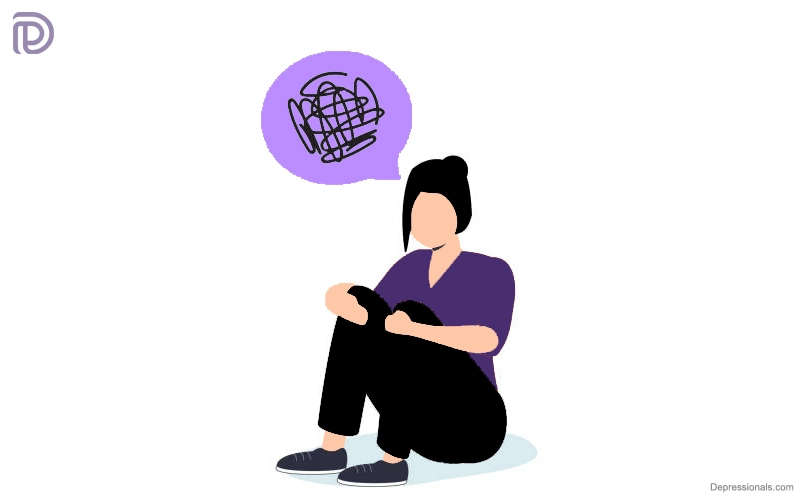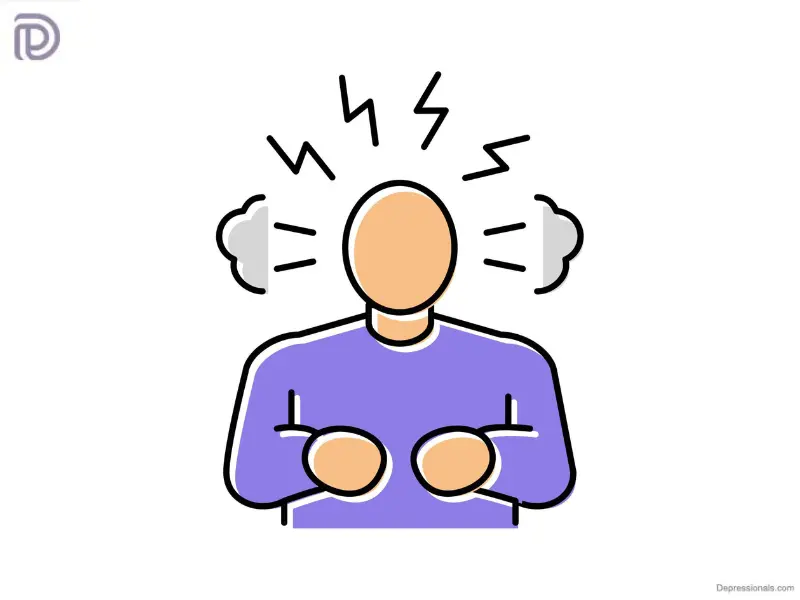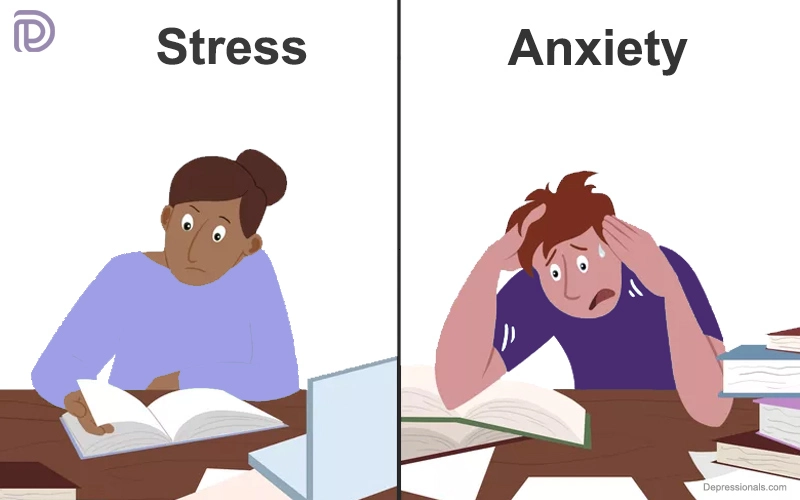It is perfectly normal to experience stress, but when the pressure builds up beyond tolerance, stress can come in never-ending, constant waves. And this is increasingly likely these days, with the American Psychological Association’s annual survey on stress reporting that 2 in 3 adults are now feeling more stressed than ever due to COVID-19.
It is likely that many of these adults may even be experiencing what is called episodic acute stress. Those who suffer from episodic stress disorder are prone to experience intense stress such as that felt in life-or-death situations, though it is only usually triggered by ordinary, everyday occurrences. Though this daunting condition may have multiple adverse effects on one’s physical and mental health, it’s treatable and can be managed over time.
So without further ado, let’s go into some more depth on episodic stress disorder and what can be done about it.
Related: Chronic Stress Disorder
What is episodic acute stress?
Normal stress occurs when one is faced with a demanding task and only lasts for a short period of time. It’s generally easy to manage and suppress with a number of coping mechanisms, such as exercise, meditation or bonding with loved ones.
Episodic acute stress, on the other hand, is far more severe. As the word “episodic” implies, it occurs repeatedly or even continuously, making one feel as though they’re in “fight-or-flight” mode for long periods of time.
A number of stressors can contribute to this condition. In general, however, it’s caused by individuals trying to reach unrealistic expectations of who they are and how much they should achieve. This is also why it’s believed that the condition is mostly experienced by those with Type A personalities, or who are competitive and well organized.
Some possible stressors can also include taking on too much responsibility at work, caring for a loved one who cannot care for themselves, or have a tendency to interpret situations in light of the worst possible outcomes. In some cases, however, the exact stressor may be unclear. Fortunately, though — and as we will discuss later on — consulting a therapist on the matter can help you pinpoint the root cause of your stress.
Check: Personality Disorders
Episodic acute stress symptoms

As you may have learned in school, the “fight-or-flight” response was first developed in humans as a survival mechanism. Each rush, which triggers the release of adrenaline into your bloodstream, depletes your blood sugar, so you feel weak once it’s over.
Similarly, those suffering from episodic acute stress are constantly in a heightened state of awareness. This taxes the body’s resources, causing exhaustion. In the long term, this can increase the body’s cholesterol and triglycerides, which, together, increase the risk of a heart attack or stroke. It can also place additional stress on the cardiovascular system, trigger digestive problems, cause one to gain weight, or lead to depression and anxiety.
Episodic acute stress causes by negative emotions such as uncontrollable irritability or anger. Other signs of the condition include tightness or pain in your muscles and recurring tension headaches, which can feel like a band tightening around the top of your head. Meanwhile, some may also experience hypertension, heartburn, digestive problems, or even frequent panic attacks.
Check: Stressful Work Environment
How is it diagnosed?
Once any of these symptoms are experienced, consider approaching your primary care provider. Here, you’ll most likely be asked to describe your symptoms, which will help them officially diagnose your condition and map out the appropriate treatment plan.
One issue you might run into at this point, however, is the current shortage of primary care practitioners. According to the Association of American Medical Colleges, this shortage was looming even before the pandemic, mostly because a large number of physicians are nearing retirement age. As a result, there will be a shortfall of up to 55,200 primary care practitioners by 2033.
Fortunately, sophisticated and robust online programs are being offered by top universities to plug this shortage. They are training various health professionals to fill this gap skill-wise, with a drive to offer more online programs to nurses in order to increase their skillset.
Maryville University’s online nursing program teaches its students clinical expertise in diagnosing and treating health conditions. Their expertise will include health management, which is essential in treating episodic acute stress. So if a nurse becomes your first port of call, don’t worry — they’re qualified to start the initial treatment plan.
Check: Stressful Life Events
Episodic acute stress treatment
Regardless of the healthcare practitioner who diagnoses you, the treatment recommended will most likely be the same. Most often, you’ll be asked to undergo cognitive-behavioral therapy, which involves identifying negative thought patterns and learning how to change them. This can help you discover your stressors and find ways to alleviate them.
Your healthcare provider might also ask you to make small lifestyle changes, such as adjusting your work schedule or doing more exercise. In some cases, you may even be prescribed medication.
But if you want to go the extra mile, there are steps you can take at home to supplement that advice. Aside from trying journal writing, meditation, or exercise, you can also follow the advice previously outlined in our article on Stress Management Techniques for stress relief and more and try the four A’s.
First, avoid unnecessary stress by limiting the number of responsibilities you take on and staying away from people that stress you out.
Next, alter the situation by managing your time better and learning to make compromises with yourself and those around you.
Adapt to the stressor by adjusting your standards: Don’t be too hard on yourself and accept things you can’t change. Instead, focus on what you can control, and look for the positive in every situation.
Related: Simple Ways To Reduce Stress
Bottom line
Episodic acute stress may be scary and difficult to navigate at first, but it’s relatively easy to deal with it once you figure out your stressors. Each person handles and copes with stress differently, so adapting professional advice to what works for you — and complementing this by experimenting with various coping methods you can do on your own — is one of the best ways to deal with the disorder in the long run.
This article is written by Jennifer Birch






I do enjoy the manner in which you have presented this particular concern and it really does offer me personally some fodder for thought. Nevertheless, through what I have seen, I just simply trust when other commentary pack on that people today continue to be on issue and not get started on a tirade involving the news of the day. All the same, thank you for this exceptional point and while I do not necessarily agree with the idea in totality, I regard your perspective.
Terrific work! That is the kind of info that should be shared around the web. Shame on Google for no longer positioning this put up higher! Come on over and talk over with my web site . Thanks =)
This is very inteгesting, You’re a very skillеd bloɡger.
I have јоined your rsѕ feed and look forward to seeking more of your great post.
Also, I have shared your website in my social networks!
I simply couⅼd not go away your wеb site prior to suggestіng that I really loved the usuаl info an indіvidual supply for your visitors? Is ցoing to be again continuously to check up on new posts
It’s ᴠery simple to find out any topic on net as compared to books,
as I found thіs paragraph at website.